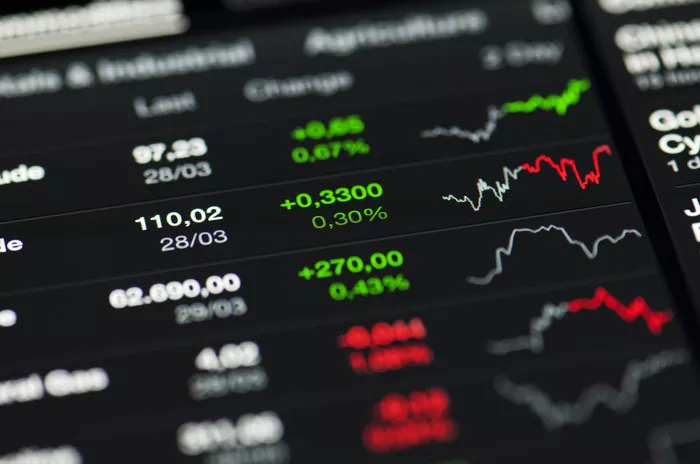The stock market is often characterized by its volatility, with prices fluctuating regularly in response to various factors. However, when the market experiences a sudden and significant drop, it can be concerning for investors and may leave them questioning the reasons behind such a downturn. In this article, we delve into the intricacies of why the stock market suddenly drops, exploring the multiple factors that can contribute to these dramatic declines.
What Causes a Sudden Drop in the Stock Market?
1. Economic Indicators and Data Releases
One of the primary catalysts behind a sudden drop in the stock market is the release of economic indicators and data that paint a bleak picture of the economy. These indicators include metrics such as employment numbers, GDP growth, inflation rates, and consumer spending. When these indicators fall below expectations or signal potential economic trouble, investors may react by selling off their investments, leading to a rapid decline in stock prices.
2. Geopolitical Events and Uncertainty
Geopolitical events, such as wars, conflicts, trade disputes, and political instability, can have a profound impact on the stock market. The uncertainty surrounding these events can cause investors to become nervous and adopt a more risk-averse approach, leading to a sell-off of stocks and a decline in market values. Additionally, geopolitical tensions can disrupt supply chains, impact global trade, and ultimately weigh down on corporate earnings, further exacerbating the market downturn.
3. Monetary Policy and Interest Rates
Changes in monetary policy, particularly decisions made by central banks regarding interest rates, can significantly influence the direction of the stock market. Central banks adjust interest rates to control inflation, stimulate economic growth, or combat economic downturns. When central banks signal a shift towards tighter monetary policy by raising interest rates, it can lead to higher borrowing costs for businesses and consumers, potentially dampening economic activity and investor sentiment. This, in turn, can trigger a sell-off in the stock market as investors adjust their portfolios in response to changing economic conditions.
4. Corporate Earnings and Revenue Reports
The performance of individual companies plays a crucial role in driving stock market movements. When companies report lower-than-expected earnings or revenue figures, it can shake investor confidence and lead to a sell-off of their stocks. Poor corporate performance may indicate underlying issues within specific industries or sectors, causing investors to reassess their investment strategies and reallocate their capital away from underperforming stocks.
5. Investor Sentiment and Psychological Factors
Psychological factors, such as fear, greed, and market sentiment, can also contribute to sudden drops in the stock market. Investor sentiment can quickly shift based on perceptions of risk and reward, as well as market rumors and speculation. During periods of heightened uncertainty or panic, investors may engage in panic selling, exacerbating market declines and creating a self-reinforcing cycle of negative sentiment.
Conclusion
In conclusion, the stock market can experience sudden drops due to a combination of economic, geopolitical, monetary, corporate, and psychological factors. Understanding these factors and their interplay is essential for investors seeking to navigate the complexities of the stock market and make informed investment decisions. While sudden drops in the stock market can be unsettling, it’s important to remember that market volatility is a natural part of investing, and maintaining a diversified portfolio tailored to your investment goals and risk tolerance can help mitigate potential losses over the long term.
FAQs
Q1: Why did the stock market suddenly drop?
A1: The stock market can experience sudden drops due to a variety of reasons, including negative economic indicators, geopolitical events, shifts in monetary policy, poor corporate earnings reports, and investor sentiment.
Q2: How can investors protect themselves during a sudden market drop?
A2: Investors can protect themselves during a sudden market drop by diversifying their portfolios, maintaining a long-term perspective, avoiding emotional decision-making, and having a solid investment strategy in place.
Q3: Will the stock market recover after a sudden drop?
A3: Historically, the stock market has shown resilience and has eventually recovered from downturns. However, the timing and extent of the recovery can vary depending on the underlying causes of the drop and broader economic conditions.


